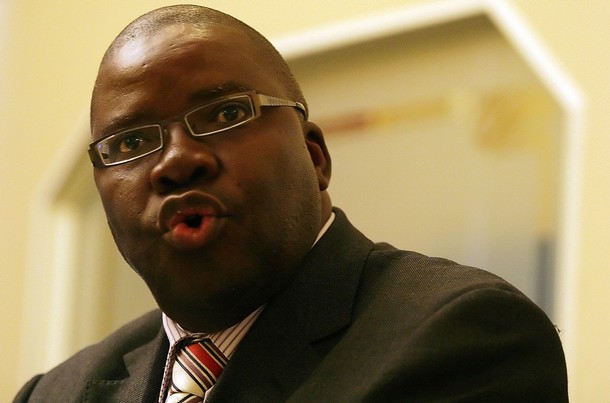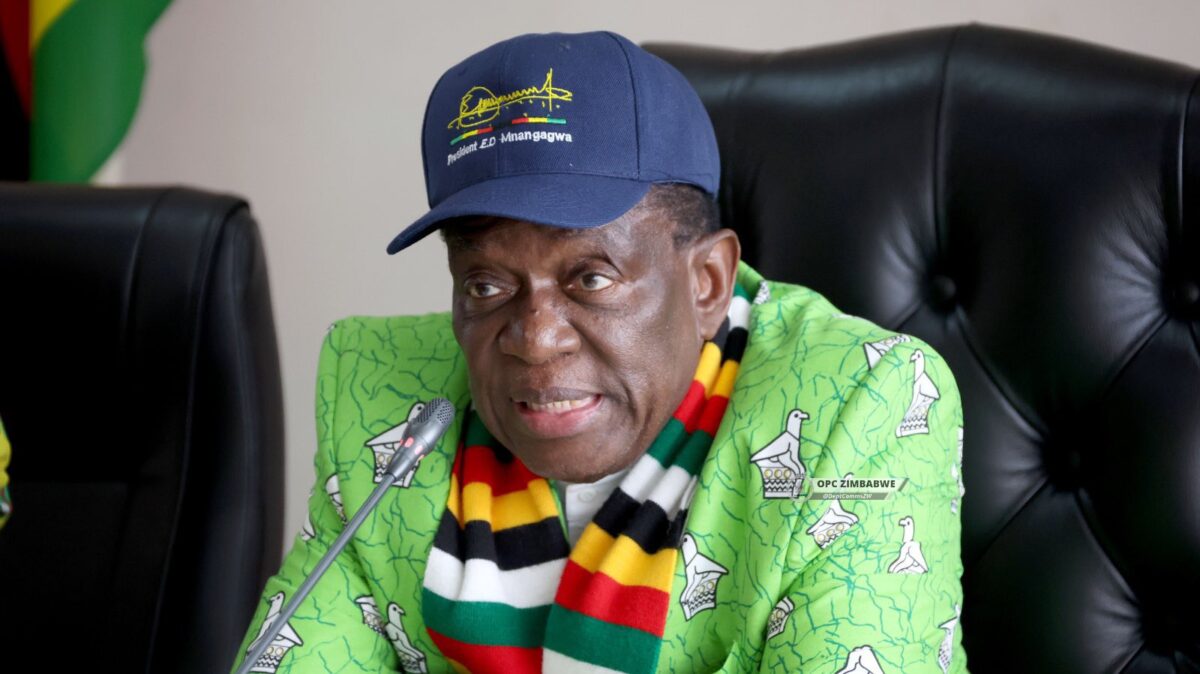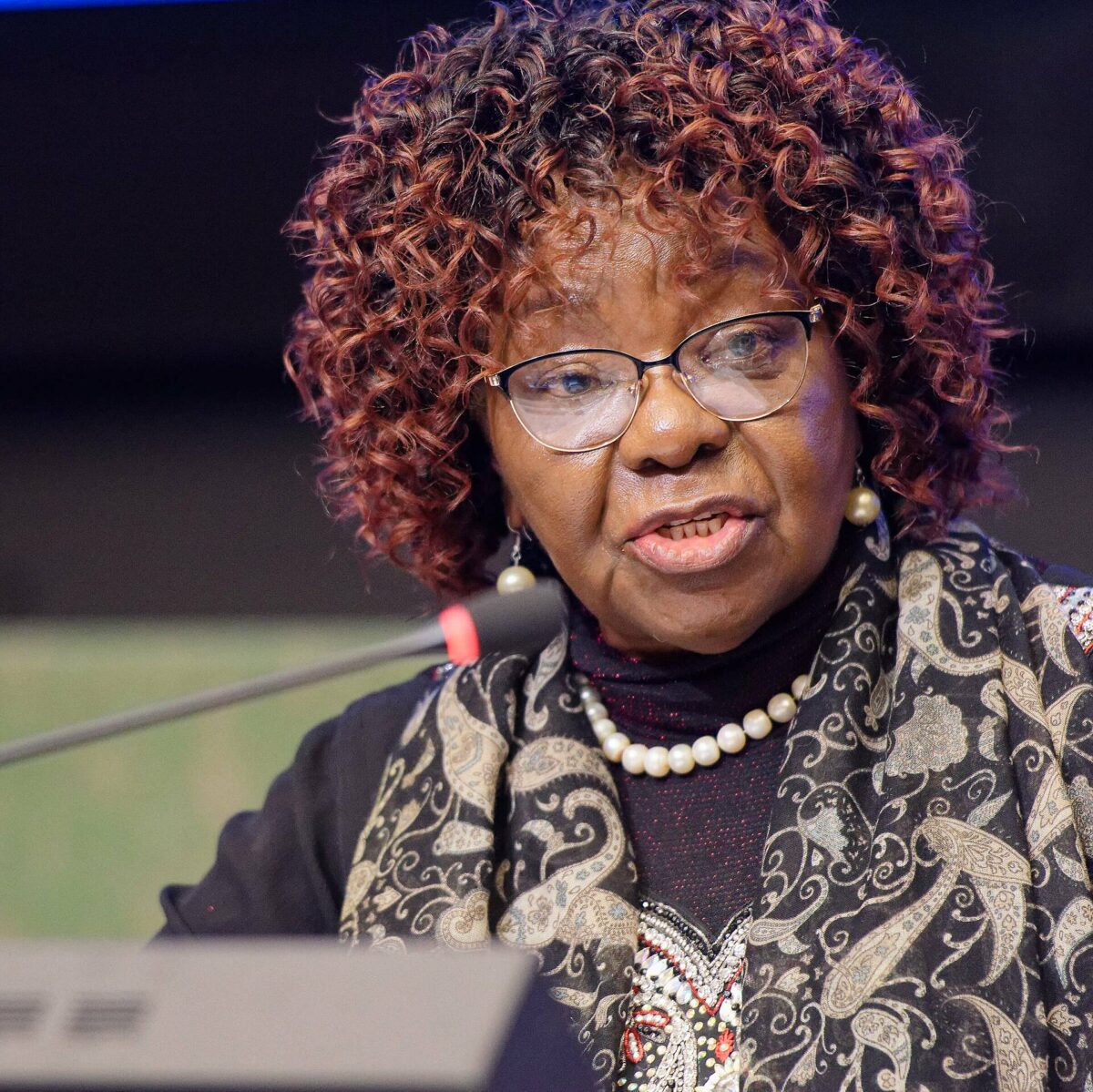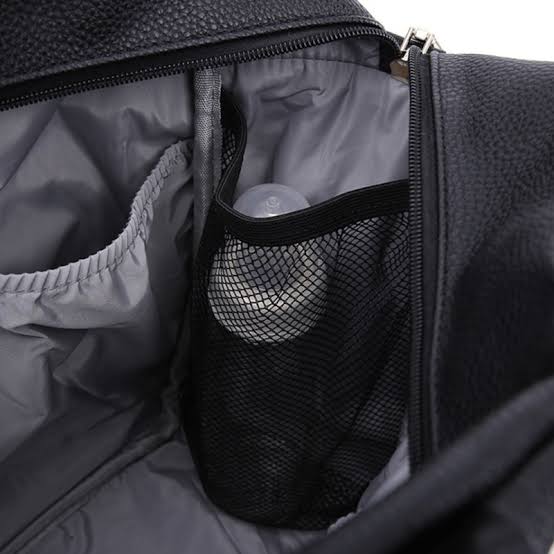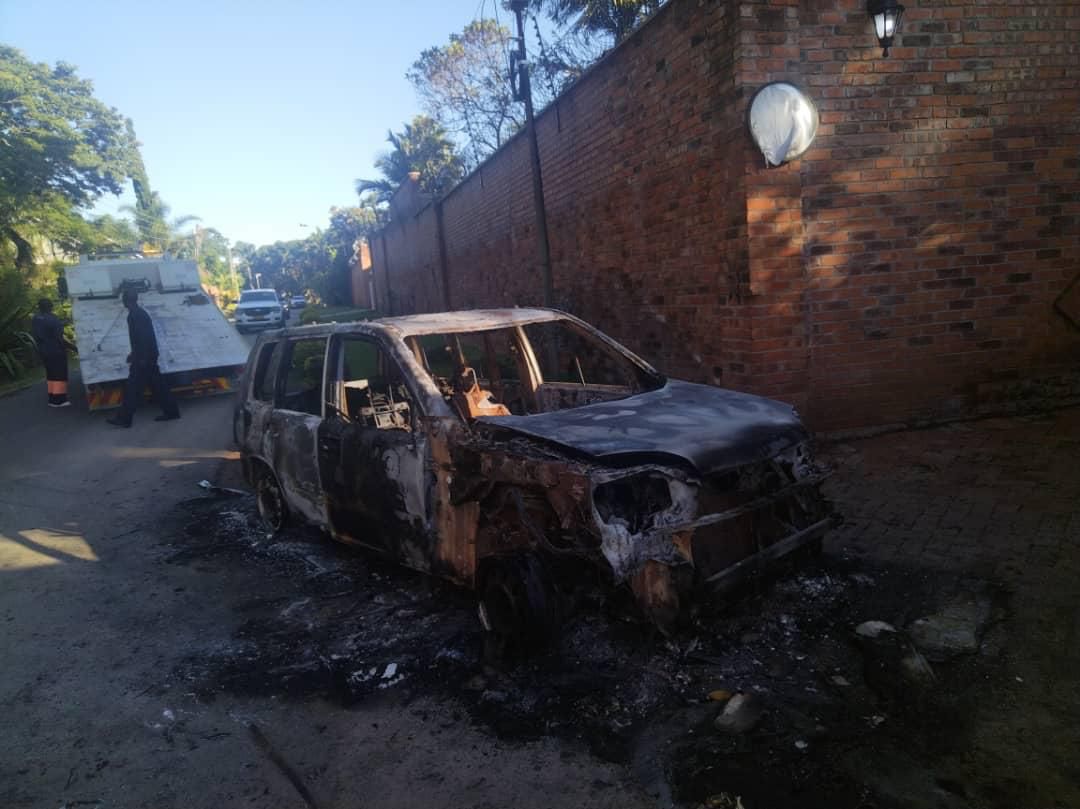HARARE – The Maintenance of Peace and Order Bill is a “worse version” of the colonial era Law and Order Maintenance Act and the Public Order and Security Act that it purports to repeal, the Movement for Democratic Change’s Tendai Biti said.
The Harare East MP, who is a lawyer, said President Emmerson Mnangagwa’s government had failed a key test of reforming the country’s legislative infrastructure to comply with the new constitution adopted in 2013.
A bill for the proposed new law is due before Parliament, and a draft which has been released still gives excessive power to authorities to interfere with the people’s enjoyment of freedoms, like the right to peaceful protests and to petition, Biti said.
Police still have powers to prohibit the holding of public meetings and criminalises the failure to inform the police within stipulated times of an intention to hold a public meeting.
“MAPO is yet another fraud. We’ve always argued that there’re no reformers in Zanu PF and that it’s not possible to have reforms without reformers,” Biti said.
The new Bill’s philosophy “is fundamentally flawed”, the MP said, adding: “It seeks to protect the regime thorough the guise of law and order yet the key right to be protected is the right to petition and demonstrate spelt out in section 59 of the constitution. It’s therefore a worse version of LOMA and POSA.
“The militarisation of policing as proposed in MOPA is dangerous and unwelcome. So too the legalisation of fast-track trials. So too the requirement of ID obligations. The institutionalisation of fascism in the name of law and order must surely be resisted.”
Attorney General Prince Machaya maintains that the Bill meets the constitutional test.
“In aligning POSA to the constitution, we have to take out all its aspects that are inconsistent with the constitution and add new material. In that respect, it was decided that POSA be renamed to MOPA Bill. The provisions in POSA that have found their way into the MOPA Bill are consistent with the constitution,” Machaya said.
Zanu PF, enjoying a two thirds parliamentary majority, is expected to push the Bill through despite resistance from the opposition.
Legal think-tank Veritas said: “The draft Bill is not new wine in an old bottle: it is the same old wine in the same old bottle with a new label stuck on it.”
Zimbabwe’s ability to open up more space for its citizens in line with the new constitution is one of the key tests imposed by the European Union and the United States who say positive moves could lead to a new relationship and possibly the lifting of sanctions.

